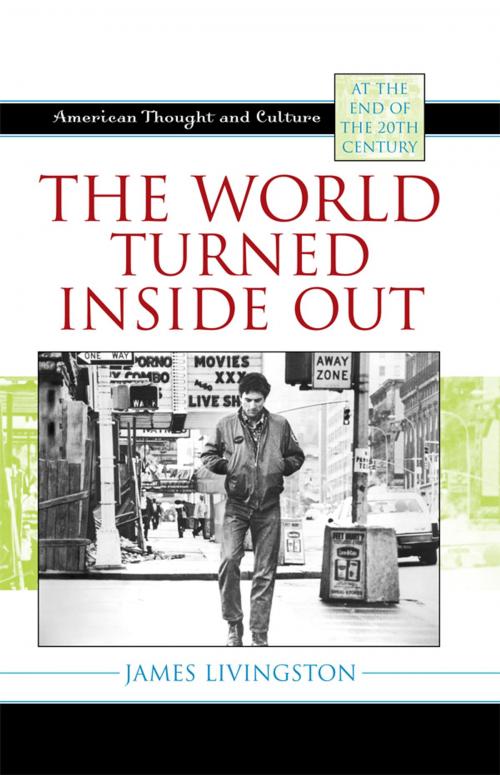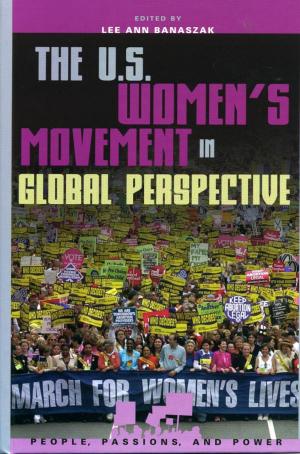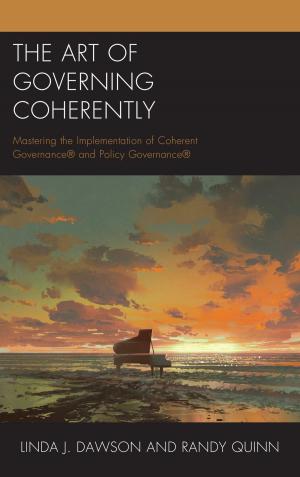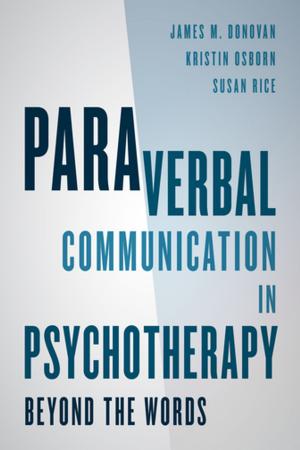The World Turned Inside Out
American Thought and Culture at the End of the 20th Century
Nonfiction, History, Modern, 20th Century, Americas, United States| Author: | James Livingston | ISBN: | 9781442201170 |
| Publisher: | Rowman & Littlefield Publishers | Publication: | December 16, 2009 |
| Imprint: | Rowman & Littlefield Publishers | Language: | English |
| Author: | James Livingston |
| ISBN: | 9781442201170 |
| Publisher: | Rowman & Littlefield Publishers |
| Publication: | December 16, 2009 |
| Imprint: | Rowman & Littlefield Publishers |
| Language: | English |
The World Turned Inside Out explores American thought and culture in the formative moment of the late twentieth century in the aftermath of the fabled Sixties. The overall argument here is that the tendencies and sensibilities we associate with that earlier moment of upheaval decisively shaped intellectual agendas and cultural practices—from the all-volunteer Army to the cartoon politics of Disney movies—in the 1980s and 90s.
By this accounting, the so-called Reagan Revolution was not only, or even mainly, a conservative event. By the same accounting, the Left, having seized the commanding heights of higher education, was never in danger of losing the so-called culture wars. At the end of the twentieth century, the argument goes, the United States was much less conservative than it had been in 1975.
The book takes supply-side economics and South Park equally seriously. It treats Freddy Krueger, Buffy the Vampire Slayer, and Ronald Reagan as comparable cultural icons.
The World Turned Inside Out explores American thought and culture in the formative moment of the late twentieth century in the aftermath of the fabled Sixties. The overall argument here is that the tendencies and sensibilities we associate with that earlier moment of upheaval decisively shaped intellectual agendas and cultural practices—from the all-volunteer Army to the cartoon politics of Disney movies—in the 1980s and 90s.
By this accounting, the so-called Reagan Revolution was not only, or even mainly, a conservative event. By the same accounting, the Left, having seized the commanding heights of higher education, was never in danger of losing the so-called culture wars. At the end of the twentieth century, the argument goes, the United States was much less conservative than it had been in 1975.
The book takes supply-side economics and South Park equally seriously. It treats Freddy Krueger, Buffy the Vampire Slayer, and Ronald Reagan as comparable cultural icons.















